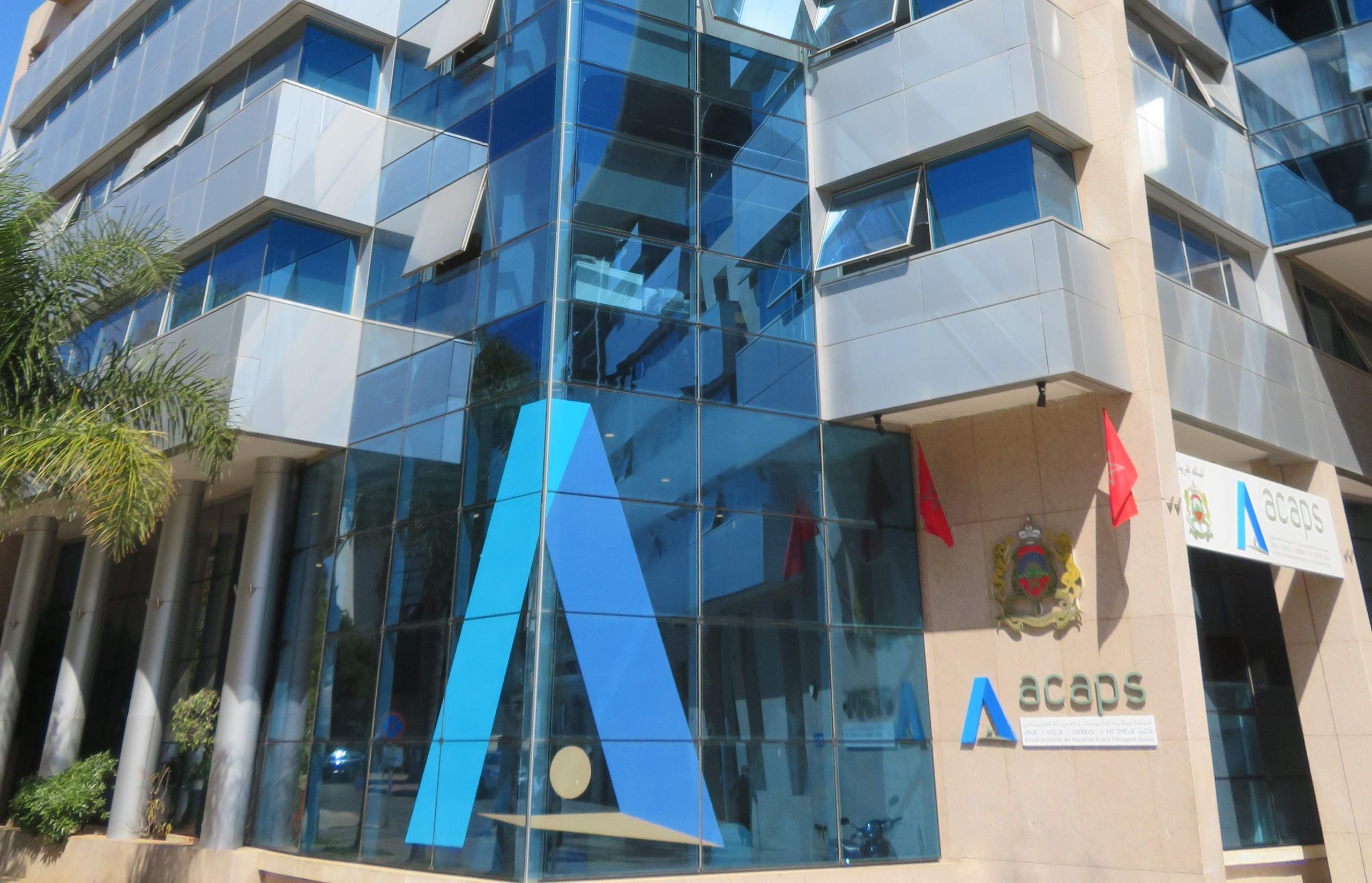The Autorité de Contrôle des Assurances et de la Prévoyance Sociale (ACAPS) has been reelected to the vice-presidency of the International Association of Insurance Supervisors (IAIS), reaffirming Morocco’s pivotal role in shaping global insurance governance.
The announcement was made on Thursday, December 5, 2024, during a meeting in Cape Town, South Africa. The reelection recognizes the contributions of Siham Ramli, ACAPS’s Director of Communication and International Relations, to the IAIS Executive Committee.
ACAPS’s reelection underscores the international acknowledgment of its efforts to support emerging markets and developing economies (EMDEs). As vice-president, Siham Ramli will focus on coordinating IAIS projects and initiatives related to these regions. Her mandate includes strengthening the integration of EMDEs into IAIS structures and advancing their representation in global insurance dialogues.
This reelection also highlights ACAPS’s commitment to fostering robust insurance governance, particularly for emerging markets, ensuring their voices are heard in shaping global insurance standards and practices.
In addition to its leadership role, ACAPS actively contributes to the IAIS’s ongoing work as a member of the Executive Committee, representing the Middle East and North Africa (MENA) region. The authority also holds seats on the Audit and Risk Committee and the Implementation and Assessment Committee, further solidifying its influence in global insurance oversight.
The IAIS serves as the international standard-setting body for insurance supervision. It establishes benchmarks for regulation, operational standards, and market functionality, helping member jurisdictions implement and enforce these guidelines. The IAIS also plays a key role as a member of the Financial Stability Board, ensuring the insurance sector’s contribution to global financial stability.
